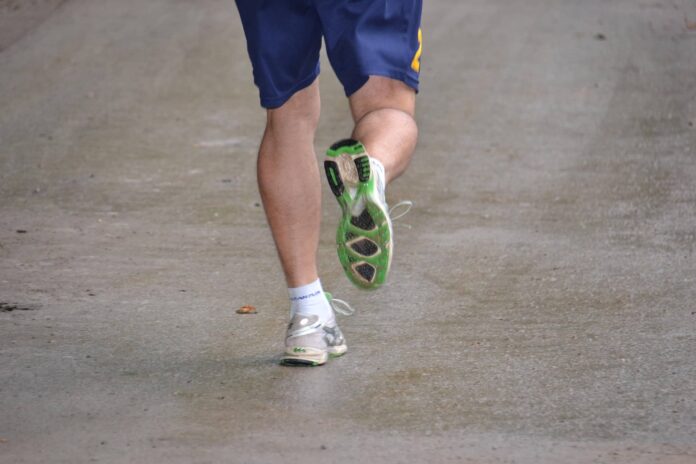On September 11, the CAMI Sport & Cancer association is organizing a 25-kilometer walk starting from the Mozart Institute. The event is part of a national mobilization and aims to remind that adapted physical activity is a full-fledged therapy.
The CAMI Sport & Cancer association is celebrating its 25 years of existence this year. To mark the occasion, it has chosen to organize an original challenge: walking 25 kilometers in several French cities, between September 9 and 13, 2025. In Nice, the event is scheduled for Thursday, September 11. The walk will start at 10 a.m. from the Mozart Institute, a local partner of the initiative. The route will consist of five-kilometer loops, between the Institute and the Promenade des Anglais.
The idea is simple: symbolically associate the number 25 with the association’s history. But beyond the symbolism, it is primarily about collective mobilization. Patients, their relatives, caregivers, volunteers, partner associations, and city residents are invited to participate. The objective is clear: to emphasize that adapted physical activity is not merely a leisure or wellness activity. It is a true therapeutic tool in assisting those affected by cancer.
Movement as therapy
Since its founding in 2000, CAMI has been developing therapeutic physical activity programs for patients. The association is now present in about ten regions and works directly in hospitals or within healthcare facilities. Its approach is based on one principle: movement is therapy. It provides supervised activities, tailored to each person, and always secured. The goal is to allow patients to benefit from these programs for free, regardless of their age or medical history.
This work relies on practitioners trained in the “CAMI Method,” a specific approach inspired by sports techniques adapted to the medical context. For the organizers, physical activity helps reduce the side effects of treatments, improves physical condition, and boosts patients’ morale. The 25 km challenge is intended to make this message visible to the general public, as well as to highlight the commitment of caregivers, relatives, and volunteers who assist on a daily basis.
“We want to show that physical activity is not a sideline but an essential component of care. It should be accessible to everyone,” emphasizes the organizing team in its presentation of the event.
An open and friendly walk
In Nice, the challenge will take the form of an accessible urban course. Participants can walk the full 25 kilometers or join a shorter loop. The principle is inclusive: everyone progresses at their own pace, with the idea of sharing a collective moment. Animations will punctuate the day, such as an introduction to the CAMI Method or sophrology sessions.
The organization emphasizes the open nature of the event. No need to be a seasoned athlete to take part. Families are invited, as well as those curious to learn about the association. The walk is designed as a time for awareness but also as a convivial moment.
The date was not chosen by chance. The challenge is part of the National Sports Day, which takes place the same week. Through this synchronization, CAMI wants to place adapted and therapeutic sports on the same level of visibility as traditional sports practices.
A call for support and participation
Beyond local mobilization, the event also has a national dimension. The various walks organized across France aim to remind that access to therapeutic physical activity programs remains unequal. To remedy this, the association has launched an online fundraising campaign to collect funds and finance its activities.
“Every patient should be able to benefit from a structured and safe physical activity support for free. This is a right we want to defend,” explains CAMI.
The event, beyond the sporting gesture, is also an occasion to affirm solidarity. On September 11, the people of Nice will have an appointment on the Promenade des Anglais to walk alongside patients, their relatives, and caregivers. More than a sports challenge, this walk is intended as a collective act to remind that movement is a form of care and should be integrated into the cancer journey.


